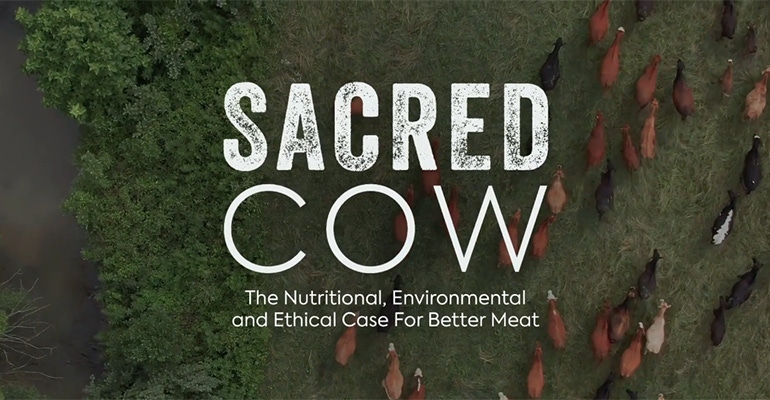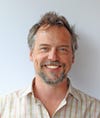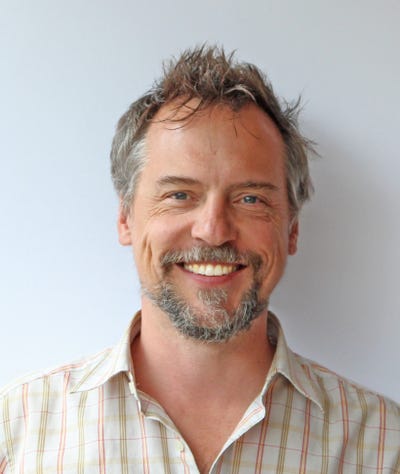Sacred Cow seeks to right the debate on animal agriculture
The film, which screens for free at the end of November, tackles misinformation about meat.

“There’s a debate out there about whether or not we should be eating meat. It’s a debate about our planet, our ethics and our health,” begins the film "Sacred Cow: The Nutritional, Environmental and Ethical Case for Better Meat," which is available for a free preview November 22–30. “But what if we’re arguing about the wrong thing? What if the very animals we’re fighting about are a key piece of fixing what’s broken?”
What’s broken is agriculture, the American diet and even a nearsighted ethics that assesses the humaneness of a diet without looking beyond the plate of food into the systems that created it. In "Sacred Cow," filmmaker, dietitian and thought leader Diana Rodgers builds a compelling case for better meat.
It won’t be news to many in the natural foods industry that the "fat is bad" message of the final quarter of the last century was false and flawed; indeed, a campaign of disinformation. Nor will many be surprised by the presentation of the ecological role animals play in regenerative closed-system ecological farming. Thus, the film does not blaze entirely new territory. What’s unique about "Sacred Cow" is how, with expert interviews and beautiful aerial cinematography, it braids together the threads of health, ecology and ethics in a single 80-minute exploration.
Indeed, by exploring three broad categorical assumptions (that eating meat is unhealthy, that raising livestock is unecological and that the combination is cruel) "Sacred Cow" tills through the misinformation of their components with more depth and clarity than prior investigations. So even the converted may find residual assumptions challenged. Assumptions like:
Meat-eating causes chronic diseases like cancer.
Raising livestock is an inefficient use of land.
The methane resulting from cattle raising is causing global warming.
A vegan diet is a death-free diet.
Only by digging beneath the surface truths of these assumptions can we integrate agriculture with natural systems. And when we understand, mirror and mimic those systems in our food production and in the way we eat, says rancher, author and lawyer Nicolette Hahn Niman in the film, “we’re going to have global ecological health and we’re going to have personal, individual health as well.”
“Sacred Cow” is the latest beacon to guide this integration.
"Sacred Cow: The Nutritional, Environmental and Ethical Case for Better Meat" is available for a limited-time screening November 22–30. Visit sacredcow.info to sign up for the free screening and view the trailer below.
About the Author(s)
You May Also Like




